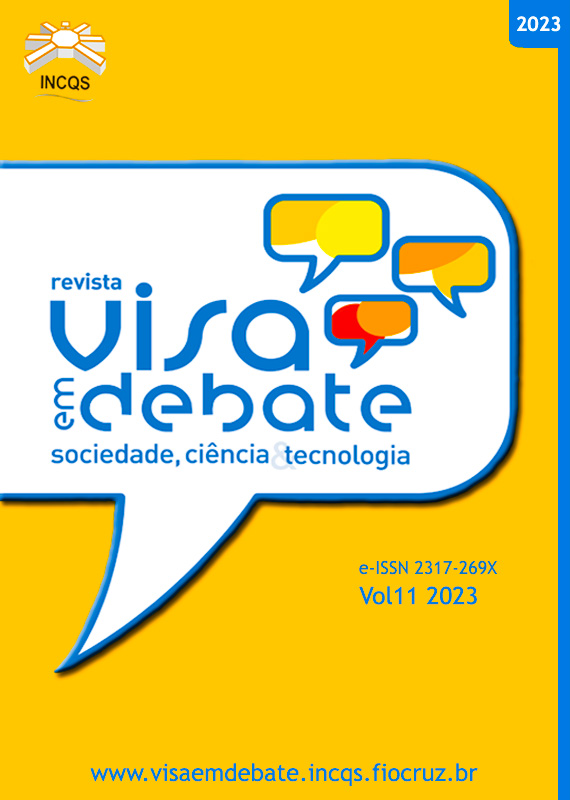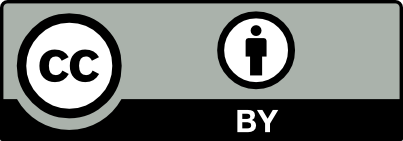Application of alternative methods to the use of animals in the development and quality control of immunobiological products in Brazil
Vigil Sanit Debate, Rio de Janeiro, 2023, v.11: e02126 | Published on: 19/04/2023
DOI:
https://doi.org/10.22239/2317-269x.02126Keywords:
Alternative Methods, 3Rs, Official Public Laboratories, Quality Control, Immunobiological ProductsAbstract
Introduction: For decades, the need, number and predictive potential of the use of animals for research purposes, production and quality control of various products have been questioned. Objective: To map the in vivo tests used in official public laboratories (LPO), verifying the application or not of alternative methods. Method: LPOs were identified and invited to answer a screening questionnaire to map the alternative methods used by them, followed by an interview to assess interest in developing a new alternative method, application of the 3Rs principle, and manufacturers’ perception of regarding the trend of substitution by alternative methods. Results: Brazilian LPOs reported difficulties in implementing in vitro alternatives, including the need to adapt infrastructure, insufficient personnel and lack of training of technical staff. Some respondents claim the need to systematize the bureaucratic and regulatory procedures applicable to the concept of the 3Rs in the field of immunobiologicals. All respondents showed interest in implementing in vitro alternatives, pointing out advantages such as: reduction of time and cost of analyses, greater accuracy of results, minimization of difficulties inherent to in vivo tests and animal handling. Conclusions: Promoting a scenario - from a political, technical and regulatory point of view - more conducive to the validation and implementation of alternative methods in Brazil will contribute to the reduction of cost and time in the release of lots of immunobiological products. There is room for reducing the use of animals in some in vivo tests used in LPO, however, there is a need for investment in infrastructure and qualified personnel in alternative testing.
Downloads
Published
Issue
Section
License
Copyright (c) 2023 Rafaela Kuster Gon (Autor)

This work is licensed under a Creative Commons Attribution 4.0 International License.
COPYRIGHT ALLOWANCE The author (s) hereinafter designated as the ASSIGNOR hereby assign and transfer, free of charge, the ownership of the copyrights related to this ARTICLE to the Vigilância Sanitária em Debate: Sociedade, Ciência & Tecnologia (Health Surveillance under Debate: Society, Science & Technology) – Visa em Debate, represented by FUNDAÇÃO OSWALDO CRUZ, established at Av. Brasil, nº 4365, Manguinhos, Rio de Janeiro, RJ, Brazil, CEP 21045-900, under the conditions set out below: (a) The terms and conditions set forth in this Agreement shall apply to the following: 1. The ASSIGNOR declares that they s(he) is (are) the author (s) and owner (s) of the copyrighted property of the ARTICLE submitted. 2. The ASSIGNOR declares that the ARTICLE does not infringe the copyrights and / or other property rights of third parties, that the disclosure of images (if any) has been authorized and that they s(he) assume(s) full moral and / or property liability for its content, before third parties. 3. THE ASSIGNOR assigns and transfers all copyrights relating to the ARTICLE to the ASSIGNEE, especially the rights of editing, publication, translation into another language and reproduction by any process or technique. The ASSIGNEE becomes the exclusive owner of the rights related to the ARTICLE, and any reproduction, totally or partially, is prohibited in any other means of publicity, printed or electronic, without prior written authorization from the ASSIGNEE. 4. The assignment is free and, therefore, there will be no remuneration for the use of the ARTICLE by the ASSIGNEE.







